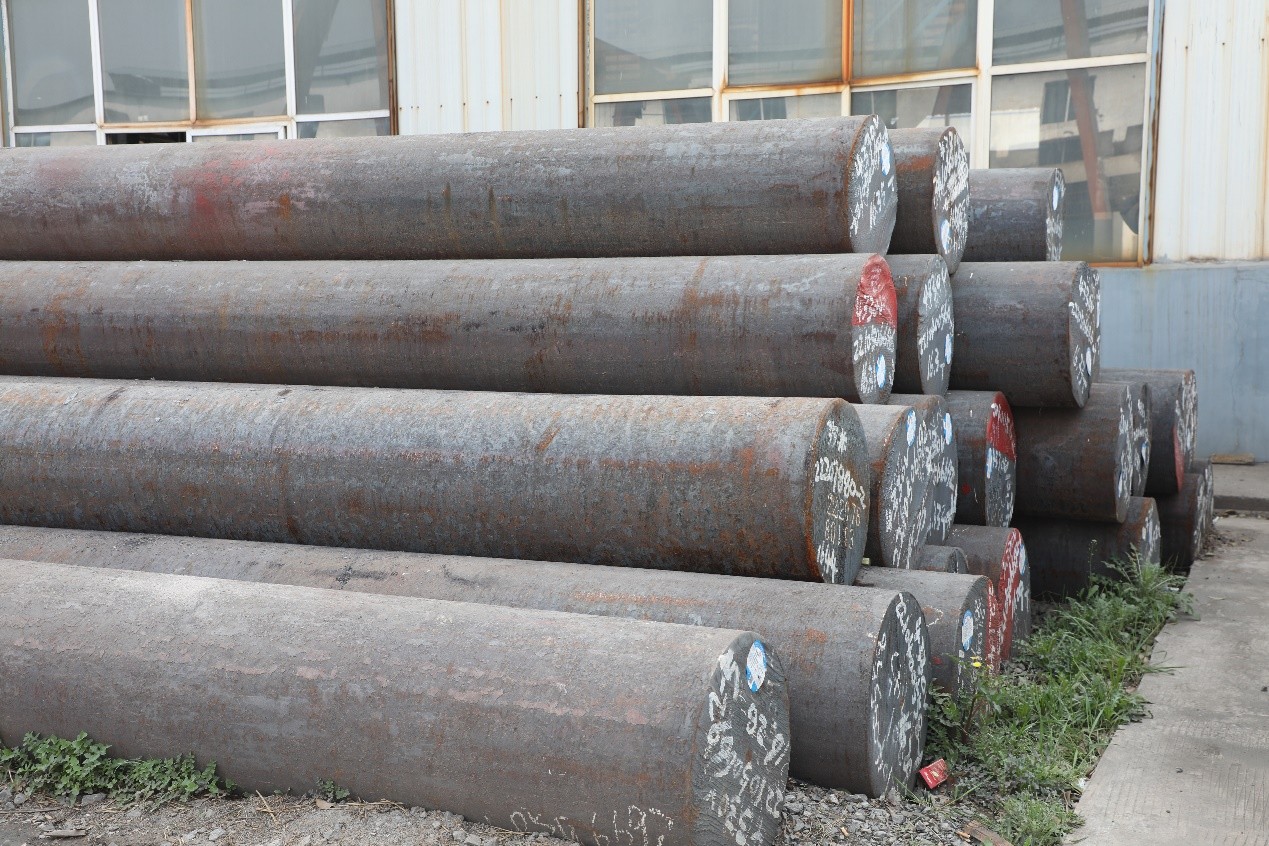In the context of international trade, the term “premium steel” refers to high-quality steel that offers superior performance characteristics compared to standard steel grades. It is a broad category used to describe steel that meets stringent quality criteria, often required for critical applications where durability, strength, and reliability are essential. Premium steel is favored in industries such as aerospace, automotive manufacturing, construction, and energy, where material performance directly impacts safety and efficiency.
Key Characteristics of Premium Steel
1. High Purity Levels:
Premium steel typically contains fewer impurities such as sulfur, phosphorus, and other elements that can negatively impact the material’s strength and durability. This high level of purity is achieved through advanced production techniques, including vacuum degassing, electro-slag remelting, and other specialized refining processes. These methods help to produce steel that is not only stronger but also more resistant to wear and corrosion.
2. Enhanced Mechanical Properties:
Premium steel offers superior mechanical properties, including high tensile strength, better fatigue resistance, and enhanced toughness. These properties are essential in demanding applications, such as in the automotive industry where parts like gears and suspension components must withstand repeated stress without failing. The enhanced mechanical properties of premium steel also make it suitable for use in extreme conditions, such as high-temperature environments in power plants or offshore drilling operations.
3. Consistency and Reliability:
One of the key selling points of premium steel is its consistent performance across various batches and productions. Manufacturers who require reliable material specifications to meet tight tolerances often choose premium steel because of its uniformity. This consistency is vital in industries such as aerospace, where even the slightest variation in material properties can result in catastrophic failure.
4. Improved Resistance to Corrosion and Wear:
Premium steel often has enhanced resistance to environmental factors like rust, corrosion, and wear. This makes it ideal for applications in harsh environments, such as marine settings or outdoor construction projects. Steel types like stainless steel, which are often considered premium due to their corrosion resistance, are widely used in industries like food processing, medical instruments, and chemical plants where hygiene and durability are paramount.
Applications of Premium Steel
Premium steel is commonly used in sectors that demand high-performance materials. For example, in the energy industry, premium steel is essential for manufacturing pipelines, drilling equipment, and turbines. These components are often exposed to high-pressure environments and corrosive substances, so premium steel’s strength and durability are critical.
In the automotive and aerospace industries, premium steel is used to make high-stress components such as engine parts, suspension systems, and landing gear. The ability of premium steel to withstand extreme temperatures, stress, and fatigue ensures the longevity and safety of these components.
Post time: Oct-24-2024





